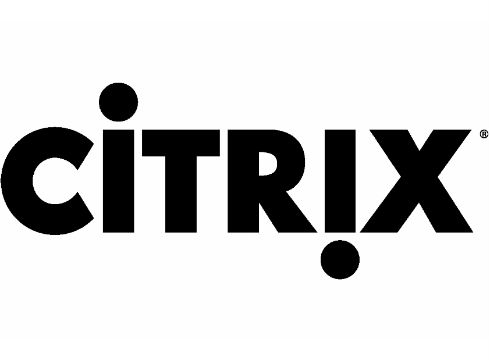Citrix is seeking to pressure its giant rival VMware after it upgraded XenServer to 6.2 and revealed an open source version of the product to aid the migration of workloads to the cloud.
XenServer is Citrix’s server virtualisation platform that offers a bare-metal virtualisation solution. Essentially, it is designed to provide out-of-the box virtualisation and cloud computing for customers, and typically competes against VMware’s proprietary Vsphere product.
XenServer 6.2
Citrix also announced a few other changes with XenServer 6.2, other than the free open source virtualisation platform. A paid version, known as Citrix XenServer 6.2, will continue to run alongside the open source XenServer for those customers who need the “insurance policy” of a supported, commercial product.
 This version will include 24×7 worldwide support and maintenance, as well as commercial licence protections. Citrix has also simplified packaging and pricing and is offering new CPU socket licensing.
This version will include 24×7 worldwide support and maintenance, as well as commercial licence protections. Citrix has also simplified packaging and pricing and is offering new CPU socket licensing.
On the open source side, Citrix also introduced a new XenServer.org community portal to aid in its collaborative development, as well as drive innovation, and third-party integration of server virtualisation and the cloud.
“The Cloud Era has brought a lot of exciting opportunities for data centre infrastructure, but the reality is that one size doesn’t fit all when it comes to virtualisation,” said Sameer Dholakia, Citrix VP of the Cloud Platforms Group. “By empowering our users and partners with a committed open source strategy and community for XenServer, we are moving the needle in innovation to help customers of all sizes, and at all stages of their cloud strategies, to maximise the benefits they gain from vitualisation and the cloud.”
Open source
According to the company, the decision to open source XenServer followed a similar move in April when Citrix moved the Xen hypervisor from Xen.org to the Linux Foundation, which then became the Xen Project.
The company believes there is more open source software in the cloud than proprietary software, so open sourcing code is the way to go.
“For starters, much of XenServer already was open source, leveraging packages from the Xen Project, Linux kernel and the Cloud Platform (XCP) initiative,” blogged Scott Lindars, a member of the Citrix Cloud App Delivery Group.
“We believe that open source plays a strategic role in the future of virtualisation and cloud technology and that only open source offers the opportunities for collaborative, open innovation and the economies of scale that these markets demand.”
Citrix believes that by open sourcing XenServer, customers, partners and developers will gain full public visibility into the ongoing development and future of XenServer. It also allows this community to directly engage with Citrix to “contribute new XenServer functionality, build deeper integrations and steer the architectural direction of the platform”.
Other features
Xen Server 6.2 includes support for Cloud Stack, Open Stack and Citrix’s own Cloud Platform, as well as Microsoft’s Windows 8 and Windows Server 2012. Xen Server 6.2 also supports its Xen Desktop software.
Citrix also revealed that starting with XenServer 6.2, the licensing model changes from per-server to per-socket licensing, which it feels is more “directly aligned with cloud optimisation and enablement product strategy.” Existing customers upgrading to Citrix XenServer 6.2 can apparently convert their server licenses to socket licenses at no cost.
And the company has simplified the overall XenServer packaging and pricing. XenServer 6.2 is now available as single edition that includes Software Maintenance, doing away with the previous Advanced, Enterprise and Platinum editions.
The free open source version of XenServer 6.2 option is available for download here from the new XenServer.org community portal. The commercial version of XenServer 6.2 is downloadable here from the Citrix website.
Annual prices range from $500 per socket, which includes the license and software maintenance, plus service availability and support.
Last October, Citrix CEO Mark Templeton criticised the OpenStack cloud orchestration platform for its comparative lack of maturity.
How well do you know cloud computing? Test yourself with our quiz!





